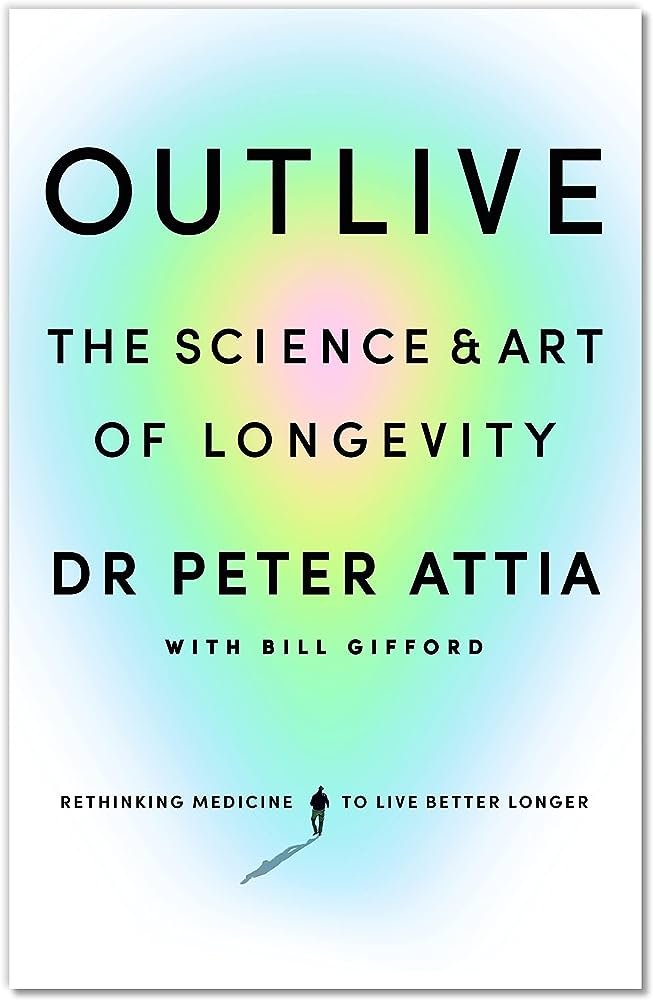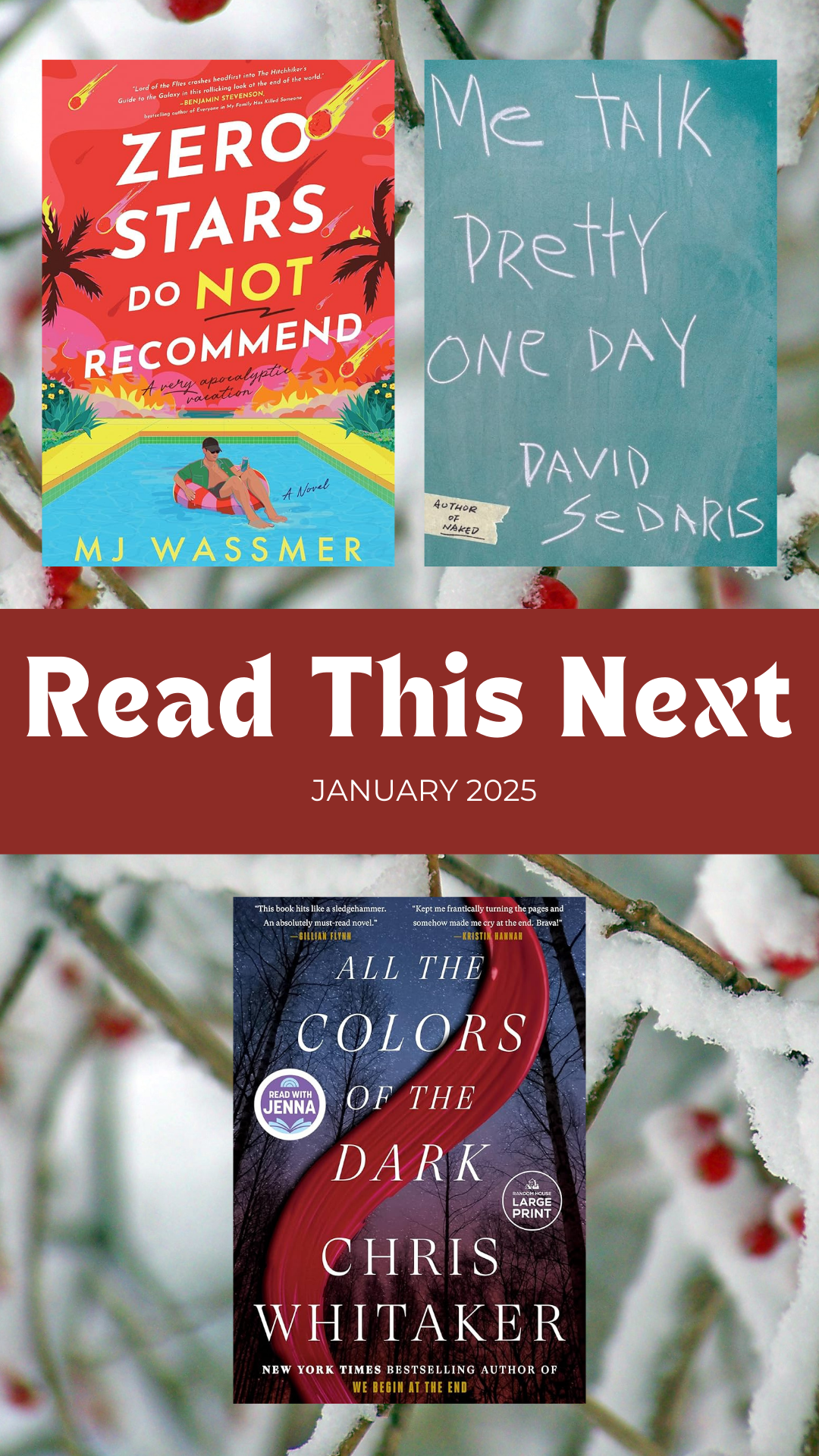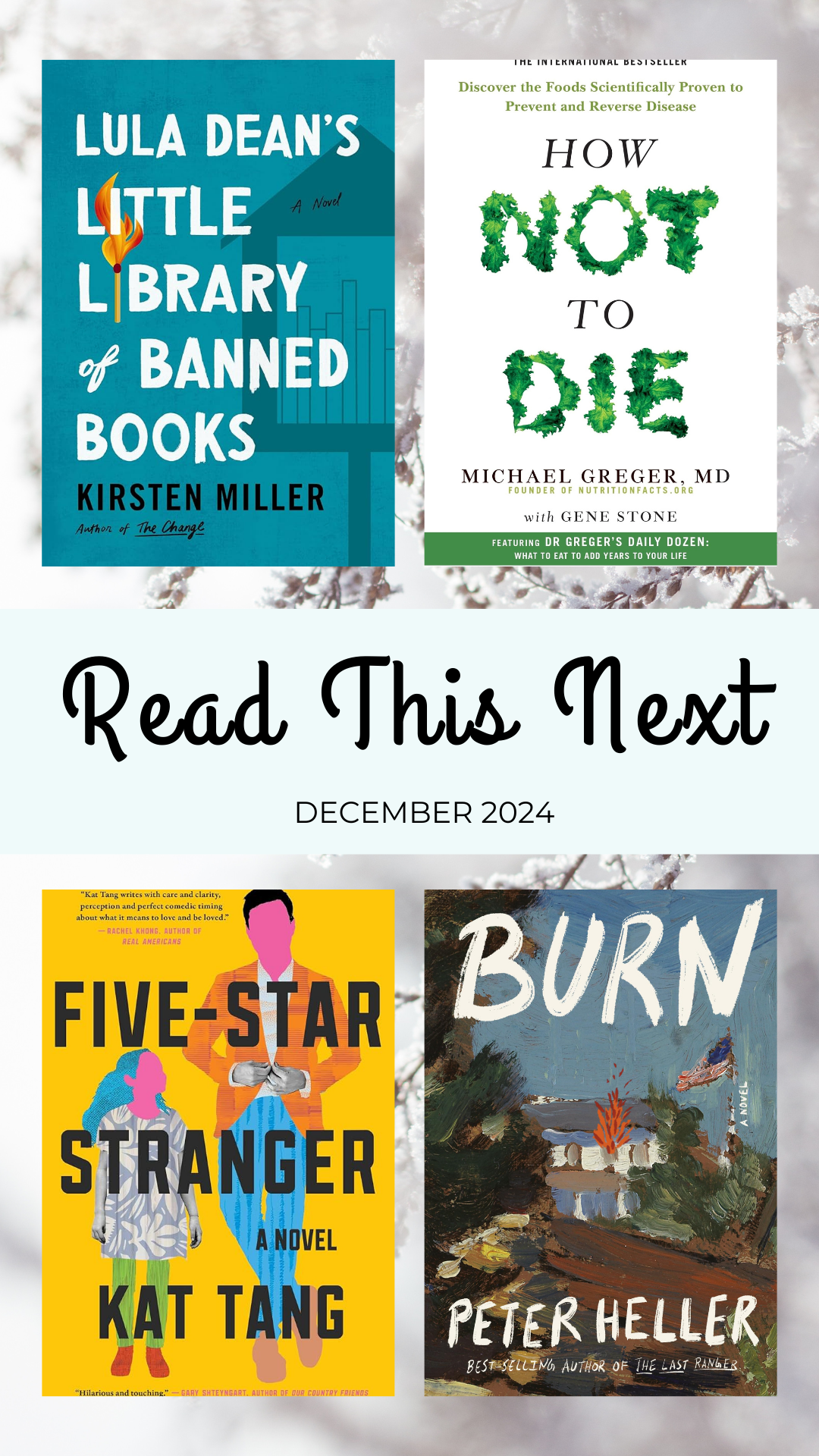What I Read — September 2023
As we settle back into our routines after a whirlwind of a September – a month filled with epic adventures, from conquering Iceland's enchanting Ring Road to running a half marathon through the fairy tale streets of Colmar, France, and even welcoming the alpine cows home for the winter at Almabtrieb in a quaint Austrian village – it's time to cozy up with some captivating reads.
This month's selections promise a diverse literary journey, ranging from historical fiction steeped in the rich tapestry of Russian life to insightful nonfiction explorations of health and sexuality. There's even a touch of self-help for those seeking a gentler approach to the category. And, of course, as the leaves begin to change and the hint of autumn's chill fills the air, the witchy books are going to start to trickling in. Here’s everything I finished this month:
The Tsar of Love and Techno
Anthony Marra
Stats: Historical Fiction, 332 pages
Quick summary
Spanning decades, are the stories of multiple characters set against the backdrop of Russia's ever-evolving political landscape. From the Soviet Union to post-communist Russia, art, propaganda, and human connection intertwine in this beautifully woven tale, ultimately unraveling the complexities of love, sacrifice, and the ever-persistent pulse of history.
What I thought:
My friend lent this to me after discussing our trip to the Museum of Occupation in Riga, Latvia. I had told her I loved how the museum was put together, highlighting individual stories and putting a face to the country’s storied history of occupation, first by Russia and then by Germany. At first, I expected not to like this book since I’m not typically a fan of short stories, but it is an utter literary masterpiece and reads as a cohesively brilliant novel.
Who should read it:
Everyone, please. It’s beautiful.
Outlive: The Science and Art of Longevity
Peter Attia, md
Stats: Health Nonfiction, 17 hours and 7 minutes
Quick summary
The entire premise of Outlive is looking at how to live longer, better. A long life means absolutely nothing if you’re bedridden for decades at the end, and this is the difference that Attia refers to as looking at the health span instead of lifespan. To improve health span, which is comprised of cognitive, physical, and emotional functioning, we need to delay or prevent the four horsemen of chronic disease: cardiovascular disease, cancer, neurodegenerative disease, and hyperinsulinemia/insulin resistance.
What I thought:
This book is extremely data-driven and science-forward for those who often skip self-help books that are more wisdom than data. I’ll also tell you right now, there is no universal one-size-fits-all approach anywhere in this book. Some of us have different risk factors than others biologically and we all have different values in terms of health span goals, so all of our needs and areas of focus will be different. Personally, this book helped me identify weak spots in my exercise routine (great cardiovascular health, neglected resistance training and mobility work) and nutrition (lack of focus on proper protein intake to prevent muscle loss).
Who should read it:
Anyone interested in thriving in their golden years.
Girls & Sex
Peggy Orenstein
Stats: Nonfiction, 7 hours and 26 minutes
Quick summary
Through in-depth interviews and research, Orenstein explores the complex terrain of desire, consent, and societal pressures, shedding light on the challenges girls face as they navigate their own sexual journeys. With empathy and insight, she examines the impact of media, peer influence, and evolving cultural norms, offering readers a compelling glimpse into the evolving landscape of contemporary female sexuality.
What I thought:
If you’ll recall, I read Unraveling by Orenstein in March, which I somehow convinced my brother to also read (he’s big into learning about topics he knows absolutely nothing about). Much like me, he enjoyed Orenstein’s writing style and picked up her other books, this being one of them (she has another book called Boys & Sex). I wouldn’t say anything I read in this book was eye-opening, but a lot of it makes me angry at society as a whole. I also have Boys & Sex on my list, but I need a few more books in-between before I’m ready.
Who should read it:
Anyone ever tempted to slut-shame a girl or say something cringey about a sexual assault victim’s outfit.
How to Keep House While Drowning
K.C. Davis
Stats: Self-Help, 3 hours and 3 minutes
Quick summary
Following the birth of her second child in the middle of a pandemic, Davis felt like she was drowning in her messy home. Turning to social media, she did a quick video about her struggles and a commenter called her lazy. This led Davis on journey to reframe how she viewed housework and develop tools to get her home to a place where it served her and her family’s needs.
What I thought:
I found this book on Reddit (r/suggestmeabook) when someone was asking for gentle approaches to self-help. I know a lot of the self-help I read is rather intense, so I was intrigued by the promise of a softer approach. I don’t know what I was expecting going into this, since I definitely don’t feel like I’m drowning, in fact, this may be the most on top of things I’ve ever felt. That said, I loved this short, little book. It was full of ways to reframe cleaning and chores (now: care tasks) that I think could have a major impact if applied to life overall. It gave me a new way to look at housework and some solid ideas for when I just don’t feel like doing what I’m “supposed” to do.
Who should read it:
Busy people who constantly feel like they’re falling short. People who need to hear they’re not failing, their systems are. People who don’t feel worthy of rest. People with neurodivergent disorders, specifically ADHD as cleaning and chores are at odds with executive dysfunction.
Weyward
Emilia Hart
Stats: Fantasy, 336 pages
Quick summary
Modern day: In the middle of the night, Kate flees her London flat and arrives at Weyward cottage, property left to her by a great aunt she wasn’t terribly close with.
1619: Altha is suspected of witchcraft after a local farmer tragically dies. She awaits her fate in the dank jail cell.
1940s: Violet longs to escape her family’s estate and all of the secrecy surrounding her mother’s death when she was only a small child. All she has left of her mother’s possessions is a small locket with the letter ‘W’ engraved on it.
Through the stories of these three women spanning multiple decades is the legacy of the Weyward women and their power over the natural world.
What I thought:
Y’all were warned last month; it’s officially spooky book season! I didn’t hate or love this book. I appreciated how it wove together the Salem witch trial era with modern day by telling each woman’s story, but I honestly didn’t love how much each woman’s story centered around motherhood. I’ll also give it another point for being more nature-driven.
Who should read it:
I think I’d recommend a load of other witch-themed books before this one: like anything from the Practical Magic series or even Spells for Forgetting.









February’s reading list took me on a wild ride—from a darkly funny thriller that had me hooked to a self-help book that felt like a much-needed reset. Whether you’re looking for a binge-worthy read or something more reflective, check out my latest book reviews and recommendations!